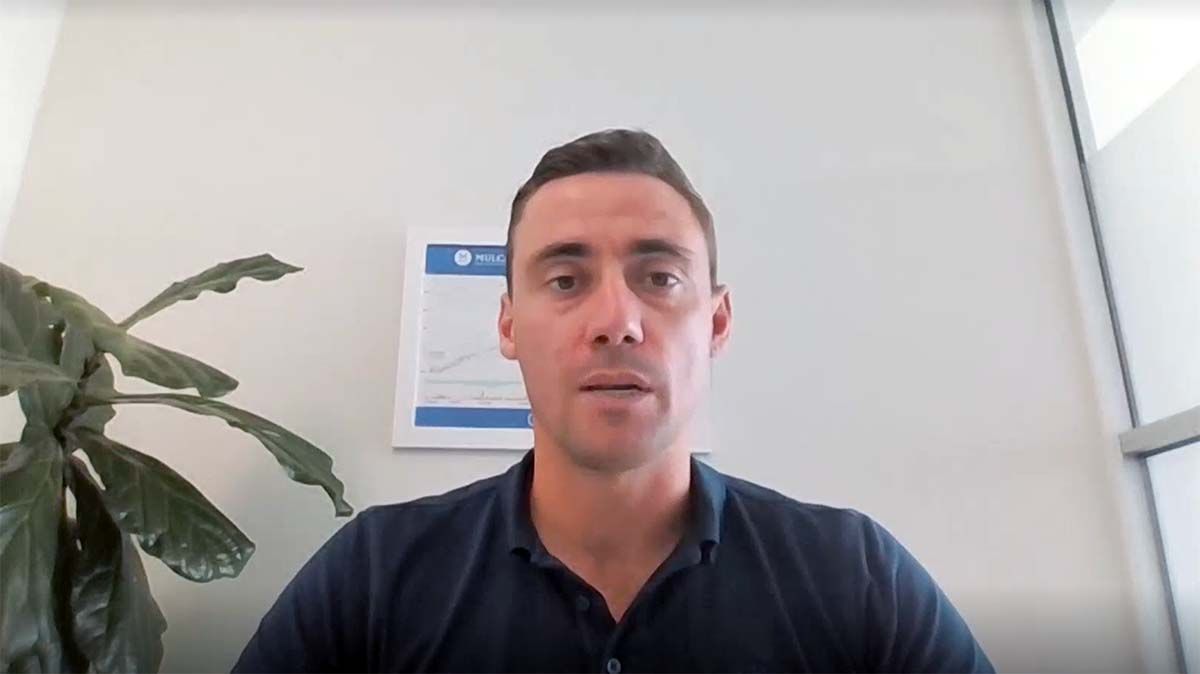As we draw closer to 31 March 2020, the date the FBT year ends, business owners should be ensuring they have all their fringe benefit obligations in order. This is constantly an area the ATO monitors closely to ensure lodgements are up to date, reviewing those employers that should be registered and that the right amount is being paid. FBT is an area that most of us find confusing and complicated, however we have put together a simplified list that every employer should review each year:
SHOULD MY BUSINESS BE REGISTERED FOR FBT?
Generally, if you have directors and employees and you provide them with car parking, cars, entertainment (food and/or drink), reimburse private expenses, provide employee discounts then it is likely you would need to be registered for FBT. As soon as you ascertain that a fringe benefit has been provided, information is required to be gathered so that an FBT return can be prepared and your FBT liability calculated. If using a tax agent, lodgement is due by 25th June 2020. If lodging on your own via paper, lodgement is 28th May 2020.
EXEMPT ITEMS FROM FBT
If you are providing your employees with mobile phones, laptops, computers, tools of trade and/or minor and infrequent benefits that are less than $300 in value, then you need not worry about FBT. It is however important to check and ensure that the exemption applies by checking out the link below:
SAFE HARBOUR PROVISIONS FOR WORKHORSE VEHICLES
The ATO has now released safe harbour guidelines for employees that are provided with workhorse vehicles. In a nutshell, the ATO has provided that where the vehicle first meets the definition of a workhorse vehicle, and provided that the private use of the vehicle satisfies the following conditions that car will be exempt from FBT:
- Any diversions for private travel between the employee’s home and their place of work and these journeys add no more than two kilometres to the ordinary length of that trip (e.g. dropping children off at school on the way to work)
- No more than 750 kilometres in total for each FBT year are taken for a wholly private purpose (i.e. multiple journeys) and
- No single, return journey undertaken by the employee that is wholly private purpose exceeds 200 kilometres
WAYS TO REDUCE YOUR FBT LIABILITY
Below are some ways in which you can reduce your FBT liability:
- Replace your fringe benefits with cash salary
- Provide benefits that your employees would be entitled to claim as an income tax deduction if they had to pay for the benefits themselves
- Look at providing benefits that are exempt from FBT
- Use employee contributions, for example, an employee paying for some of the operating costs of car fringe benefit such as fuel that you don't reimburse them for. Though you should note that employee contributions may be deemed assessable income to you and subject to GST.
If you require any assistance regarding anything FBT or would like to book a meeting with your Advisor to ascertain if you need to be registered for FBT, please contact our office and speak to your Mulcahy & Co Advisor on 07 5413 9300.







